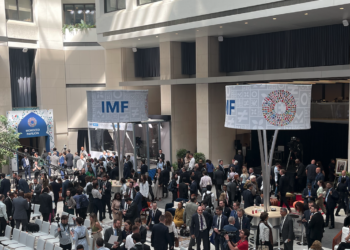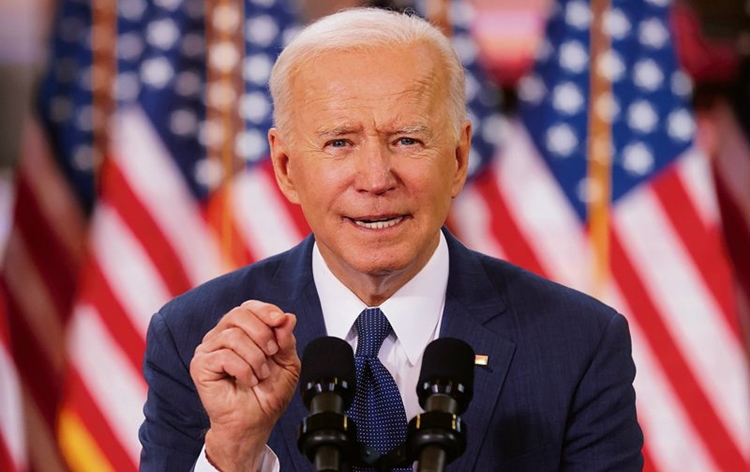The International Monetary Fund (IMF) and the World Bank have agreed to provide Ukraine with over $5 billion in response to the country’s request for emergency financing.
This was disclosed in a statement jointly issued by the Managing Director of the IMF, Kristalina Georgieva and the President of the World Bank Group, David Malpass.
The International Monetary Fund’s Ukraine Stand-By Arrangement program will disburse $2.2 billion, while the World Bank Group is drafting a $3 billion aid package.
The World Bank and the IMF are also working together to assess the economic and financial impacts of the conflict and refugees on other countries in the region and the world.
What they are saying about the funding
The institutions stated that they are working together to support Ukraine on the financing and policy fronts and are urgently increasing that support to help mitigate the effects of the war.
“At the IMF, we are responding to Ukraine’s request for emergency financing through the Rapid Financing Instrument, which our Board could consider as early as next week. In addition, we continue to work on Ukraine’s Stand-By Arrangement program, under which an additional $2.2 billion is available between now and the end of June. At the World Bank Group, we are preparing a $3 billion package of support in the coming months, starting with a fast-disbursing budget support operation for at least $350 million that will be submitted to the Board for approval this week, followed by $200 million in fast-disbursing support for health and education,” they said.
The statement raised concerns about the consequences of the conflict affecting lives and properties. “We are deeply shocked and saddened by the devastating human and economic toll brought by the war in Ukraine. People are being killed, injured, and forced to flee, and massive damage is caused to the country’s physical infrastructure. We stand with the Ukrainian people through these horrifying developments.”
They added that the war has caused significant disruption to the global economy, which may further worsen if the conflict continues. “The war is also creating significant spillovers to other countries. Commodity prices are being driven higher and risk further fueling inflation, which hits the poor the hardest. Disruptions in financial markets will continue to worsen should the conflict persist. The sanctions announced over the last few days will also have a significant economic impact. We are assessing the situation and discussing appropriate policy responses with our international partners,” it added.













.gif)






